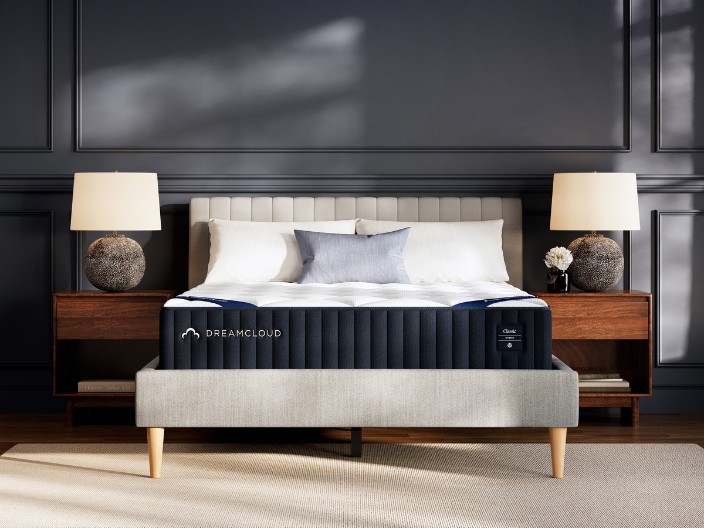Non Restorative Sleep – Since time immemorial, sleep has been considered one of the most valuable necessities of a human being. During sleep, the body goes through a restorative state wherein the immune system, cardiovascular system, and even the organ systems are revitalized – and there are numerous clinical studies to back this up.
However, not all sleep results to a refreshing and invigorating rise. Insomnia patients, for instance, either find it hard to get a good night’s sleep or wake up to various sleep disturbances. That, in turn, gives insomnia patients low sleep quality, chronic fatigue, daytime sleepiness, or beginnings of other sleep disorders.









